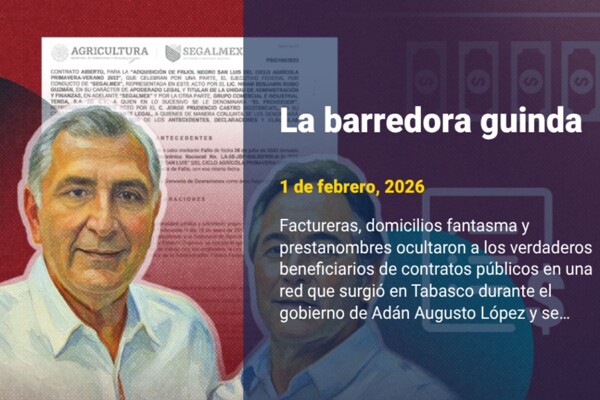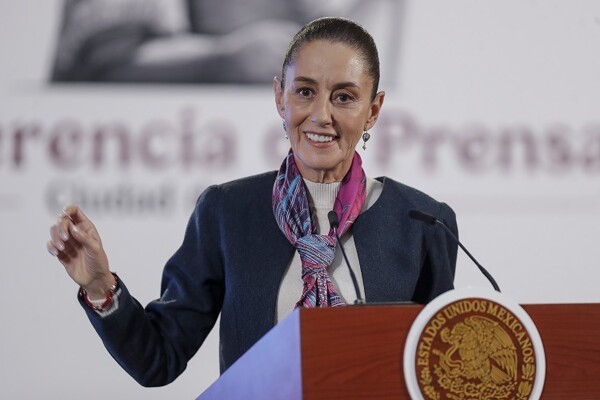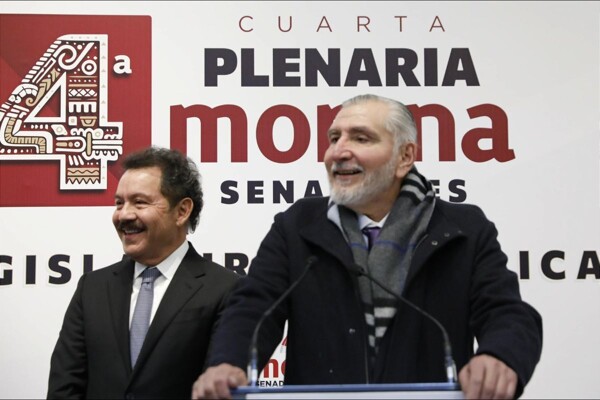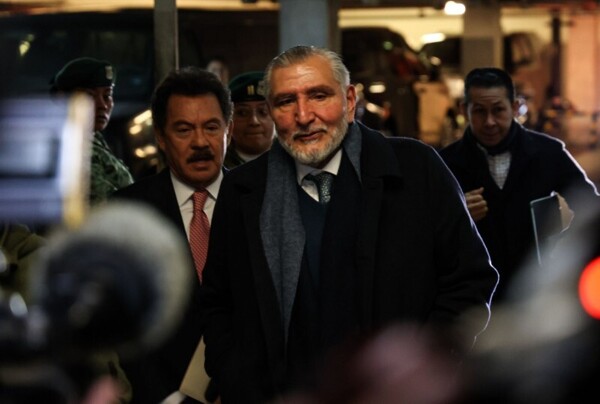
The government has proposed initiatives aimed at protecting various citizens' rights, such as health, the environment, and judicial autonomy, among others. Two specific issues stand out in these initiatives: the limitation of constitutional actions and controversies against reforms and amendments to the Constitution, and the reduction of the general effects of amparo rulings.
It is noteworthy that it was former President Andrés Manuel López Obrador who in 2016 presented an action of unconstitutionality against reforms that converted the Federal District into Mexico City, which seems to contradict the current government's position. These reforms arose in response to judicial decisions that had halted government initiatives, according to Morena and affiliated groups, with the premise of protecting constitutional supremacy.
In the context of these reforms, the importance of protecting the Constitution against arbitrary constituent power through measures such as constitutional controversies and amparo is emphasized. López Obrador in 2016 argued in favor of the Supreme Court's competence to hear his action of unconstitutionality, which is seen as double standards by critics of the new initiatives.
The official proposal has raised concerns due to its potential undemocratic impact by limiting judicial review of unconstitutional laws. The elimination of advances in recognizing legitimate interest in amparo proceedings is highlighted, which could leave citizens unprotected. The limitation of the general effects of amparo rulings has also been criticized, as it could affect vulnerable groups in society, such as indigenous communities or sick children.
In summary, critics of these initiatives argue that they could lead to a situation of unprotected citizens facing potential arbitrary decisions by the power, which they claim would be contrary to democratic principles and would undermine fundamental rights of vulnerable sectors of society.














